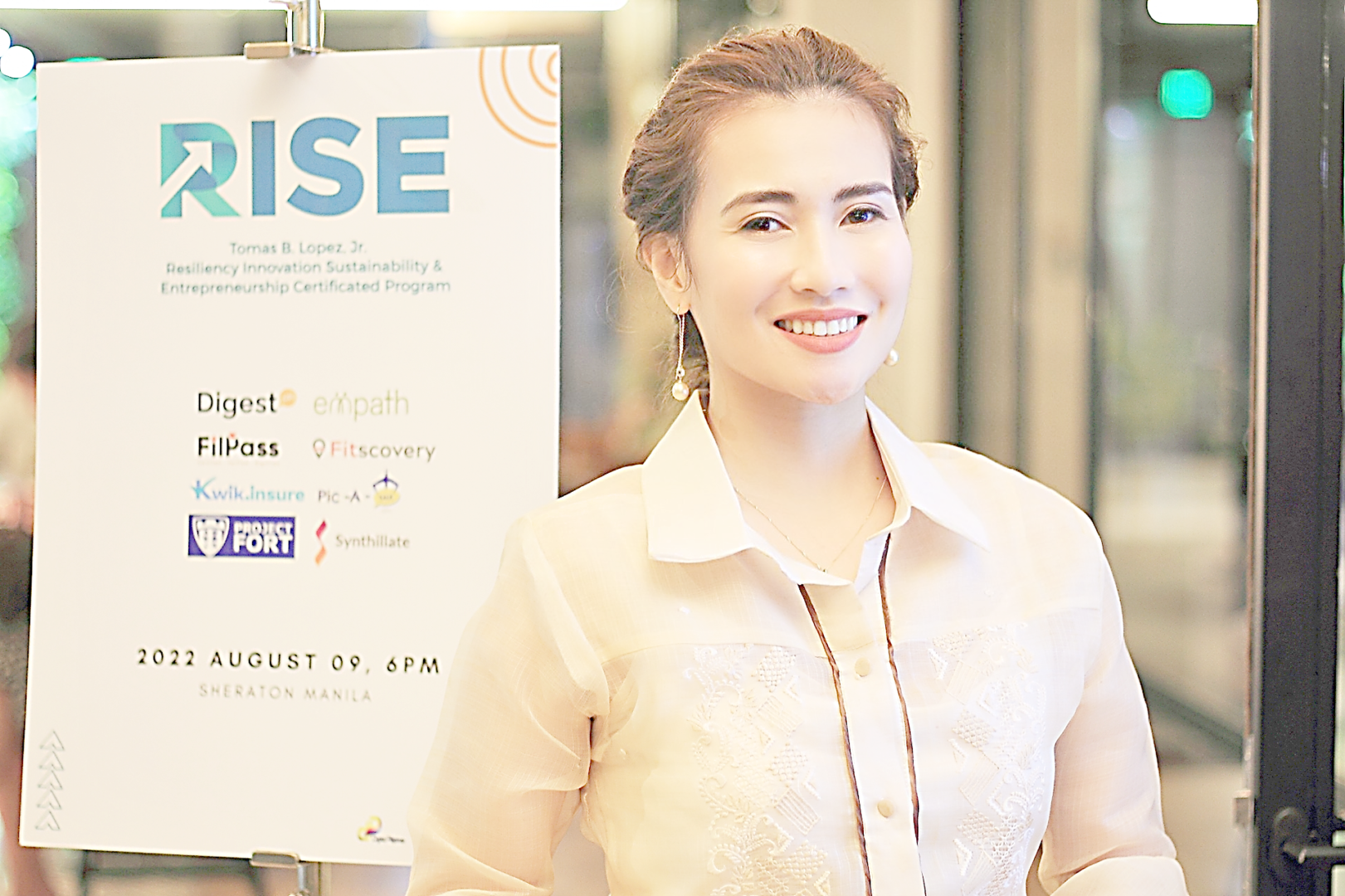Historically, empirical evidence over the past decades shows that gender gaps in the workforce and entrepreneurship restrict overall economic growth. Independent studies also find that gender gaps in education have the same negative result.
In contrast, records also show that women’s economic empowerment promotes economic growth, firm productivity, and human development. It is wise for corporates then to support gender equality and women female workers through reduced gender discrimination and family-friendly policies to increase productivity at the firm level.
“Gender inequality is not just a Filipino problem. It’s a global problem,” said Yani de Guzman, CEO, and co-founder of marketing consultancy firm Ronin, in an interview with Daily Tribune’s digital show, Usapang Business. “Even in first world countries, there is a significant faltering in progress regarding gender equity.”
Yani recalled a seminar she attended with one of the panelists boasting about his denial of gender inequality, citing a specific scenario in his company where “everybody is given equal opportunity.”
But the claim of the panelist is contrary to various available data and studies, Yani said. “when someone says that gender inequality does not exist, or that we’re delusional, or it’s a phenomenon that has been blown up, I am immediately wary of that person’s character,” she said.
For Yani, the “forces of oppression are seldom detected when you benefit from them.” According to her, it is essential to distinguish between broad-based perceptions not explicitly targeted toward women but can impact women empowerment and gender-specific notions.
To get a clearer view of gender inequality, society must appreciate the available data on the macro level and not focus on “too micro” situations, like a single office setup.
For her, the burden of proof that gender inequality exists “often lies to those who are oppressed.”
“It will not be the man (or the opposite sex) who will gather the data, and it will not be the man who will complain or initiate change. It is the oppressed, which is really the women. Right?” she stated.
Privileged hazard
In the technology sector, female representation is minimal because there are very few “women leaders” to look up to, and the space is still stereotyped as a male-dominated industry.
But Yani will have none of that. For her, women are not lacking in great minds in whatever industries they want to choose. But lack of opportunity is the challenge.
“It’s really left up to the women to gather the data to complain. You don’t see if you don’t look,” she said, stressing that it is the oppressed who have to fight their fight.
“No one will fight your battle for you,” she said. “What we have to do is intentionally create regulations to support the minority support women’s opportunity, Let’s say for example, in the military, with the regulations are not placed that help promote the women’s safety, for example, then what’s going to happen?”
In fact, some women are put off from entering an industry because there is inequality there. What needs to be done to even the playing field is to create regulations and set them in place that helps support equal opportunity for women.
Pressed to comment where the discrimination is coming from or whether women intentionally avoid male-dominated industries, Yani described this scenario as a “privilege hazard.”
“The thing is, what you see now is that some people really don’t want to change, especially if they are in a world where they comfortably live,” she said. “If you feel comfortable in the world you live in, you won’t feel the need to change it. Right? The people who want the change are the people who feel oppressed.”
Partnering with women leaders
“Women empowerment might be the most important thing for me personally,” said Yani. “I am always drawn to female leaders, and I feel like there are so many things I can learn from them,” she said.
This admiration of women leaders led Yani to partner with local government units led by women.
Ronin’s RISE (Resiliency Innovation Sustainability Entrepreneurship) had partnered with the Makati City LGU to create a sustainable and scalable pipeline for startups. The program seeks to democratize innovation by accelerating startups from all levels of society and placing them in front of qualified investors.
“I’ve only met Mayor Abby Binay at the start of the RISE program,” Yani narrated. “But she was one of the easiest people I got to talk to because she had gone to Barcelona and saw firsthand how the government supported the startup community.”
Yani recalled the conversation with Mayor Binay was one of the “effortless” she had as the local chief executive “was all game” to the idea and was not afraid to hire people or outsource the work just to complete the partnership.
“I would say that she’s one of the people I admire locally. I mean, internationally, I’ve admired a lot of authors, too, like Virginia Wolf, and she’s one of them that I admire. I love all her stories,” Yani said.
For the RISE program, the city government of Makati provided P500,000 equity-free grant to eight qualified startups to sustain their development. At the same time, their founders attended a 12-week training program that will prepare them to pitch to qualified investors properly.
In parting, Yani said the world needs strong women to lift and build others and to encourage love and respect for everybody.
If there is anything that history taught us, it is that incentivizing employers that promote gender equality and empower women saw growth increases. In countries experiencing rapid economic growth, better opportunities for women ensure that women empowerment does not become a zero-sum game between men and women. In these countries, greater female inclusion in the labor market is less likely to affect male counterparts adversely.
